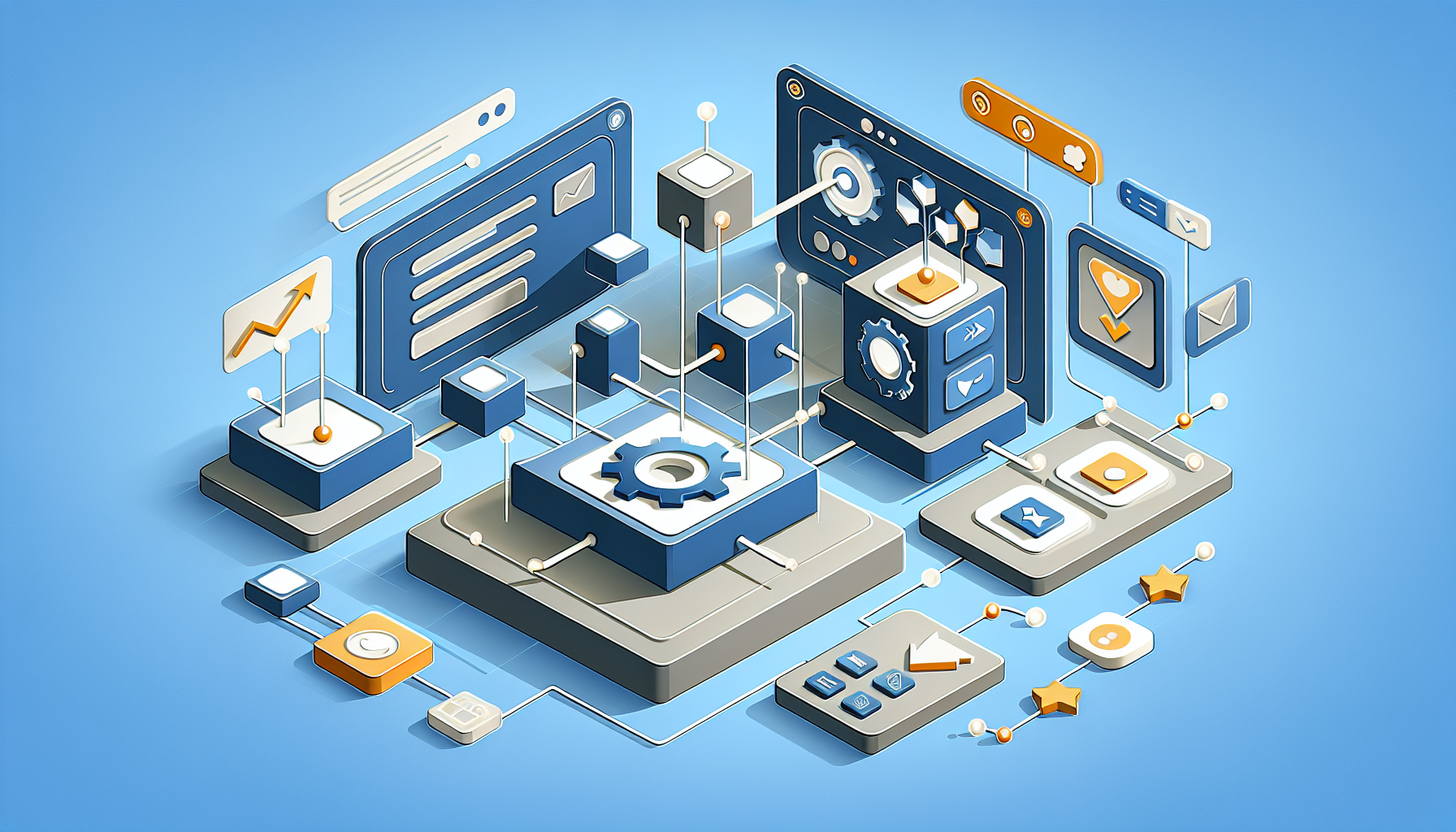In today’s fast-paced and highly competitive business landscape, maintaining strong relationships with customers is crucial for long-term success. Customer Relationship Management (CRM) software has become an essential tool for businesses looking to streamline their customer interactions, improve customer satisfaction, and drive revenue growth. In this article, we will explore the latest advancements in CRM software that are revolutionizing customer relationships.
Historical Context of CRM Software
CRM software has come a long way since its inception in the 1980s when it was primarily used as a contact management tool. Over the years, CRM software has evolved to encompass a wide range of functionalities, including sales automation, marketing automation, customer service, and analytics. Today, CRM software plays a central role in helping businesses manage their customer relationships effectively.
Current State of CRM Software
The current state of CRM software is characterized by advanced features and functionalities that enable businesses to personalize their interactions with customers, automate repetitive tasks, and gain valuable insights into customer behavior. Some of the key features of modern CRM software include:
– Integration with other business tools such as email marketing platforms, social media platforms, and e-commerce platforms
– Artificial intelligence and machine learning capabilities for predictive analytics and lead scoring
– Mobile accessibility to enable sales reps and customer service agents to access customer data on the go
– Customization options to tailor the CRM system to the specific needs of the business
– Real-time reporting and analytics to track key performance metrics and identify areas for improvement
Future Predictions for CRM Software
The future of CRM software is likely to be shaped by advancements in technology such as artificial intelligence, big data, and the Internet of Things. These technologies will enable businesses to further personalize their interactions with customers, anticipate their needs, and deliver seamless customer experiences across multiple channels. Some future predictions for CRM software include:
– Greater integration with IoT devices to collect real-time data on customer behavior
– Enhanced personalization capabilities using AI to deliver targeted marketing messages and product recommendations
– Predictive analytics to forecast customer behavior and optimize marketing campaigns
– Increased focus on customer experience management to build long-lasting relationships with customers
Technical Specifications of CRM Software
When evaluating CRM software for your business, it is important to consider the technical specifications that will best meet your needs. Some key technical specifications to look for in CRM software include:
– Cloud-based vs. on-premise deployment options
– Scalability to accommodate your growing business needs
– Data security and compliance with regulations such as GDPR
– Integration capabilities with other business tools
– User-friendly interface for easy adoption by your team
Practical Applications of CRM Software
CRM software can be applied across various industries and business functions to improve customer relationships and drive business growth. Some practical applications of CRM software include:
– Sales automation to streamline the sales process and improve sales productivity
– Marketing automation to deliver targeted marketing campaigns and track campaign performance
– Customer service management to provide timely and personalized customer support
– Analytics and reporting to track key performance metrics and identify trends
Expert Insights on CRM Software
We spoke with industry experts to get their insights on the latest advancements in CRM software and how businesses can leverage these technologies to enhance their customer relationships. According to John Smith, a CRM consultant, “Businesses that invest in advanced CRM software are able to gain a competitive edge by delivering personalized customer experiences and driving customer loyalty.”
Case Studies on CRM Software
To illustrate the impact of CRM software on businesses, we looked at several case studies of companies that have successfully implemented CRM software to improve their customer relationships. One such case study is Company X, a retail company that saw a 20% increase in customer retention after implementing a CRM system that enabled personalized marketing campaigns.
Conclusion
In conclusion, the latest advancements in CRM software are revolutionizing customer relationships by enabling businesses to personalize their interactions, automate tasks, and gain valuable insights into customer behavior. As technology continues to evolve, businesses that invest in advanced CRM software will be better positioned to meet the changing needs and preferences of their customers. Thank you for reading, and we encourage you to explore further resources on CRM software to stay ahead of the curve in customer relationship management.



